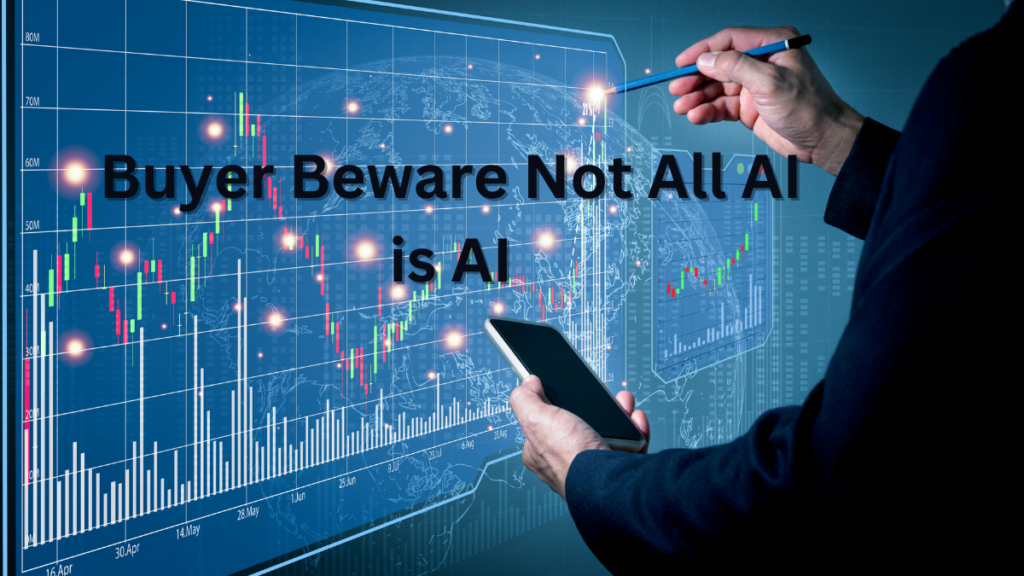Market Hype Surrounding Artificial Intelligence Continues to Grow
As the excitement around artificial intelligence continues to build, more and more companies are looking to capitalize on the trend by adding “AI” to their names or products. However, experts warn that this trend may not be sustainable and that investors should be cautious about investing in AI-focused companies without thoroughly researching their potential.
BigBear.ai and SoundHound have seen their stock prices rise significantly in recent months due to their association with artificial intelligence. Despite this, there are concerns that these companies may not be able to live up to the hype and that their stock prices may not be sustainable.
“We’re on a cusp of an AI-powered revolution that will redefine the limits of human intelligence and creativity,” says Nina Schick, author of “The Era of Generative AI.” However, she also cautions that “not all companies that capitalize on the hype will ultimately succeed.”
Ark Invest’s Cathie Wood also believes in the potential of AI but warns that investors should be careful when investing in AI-focused companies. “It’s important to look beyond the hype and examine the underlying technology, business model, and financials of any company before making an investment decision,” she says.
As more big tech companies like Microsoft, Meta, IBM, and Alphabet invest in AI, the market for AI-powered products is expected to continue to grow. However, experts warn that investors should be cautious and thoroughly research any company before investing in their stock.
Not All AI is true AI.
The technology industry often misuses the term “AI” (Artificial Intelligence). Companies may claim to be using AI for marketing purposes or to attract investment, even if their products or services are not based on true AI technology.
True AI refers to systems that can perform tasks that typically require human intelligence, such as understanding natural language, recognizing patterns, making decisions, and solving problems. These systems use advanced algorithms and machine learning techniques to learn and adapt over time and can improve their performance without being explicitly programmed to do so.
In contrast, typical software is based on pre-defined rules and instructions that determine its behavior and actions. This type of software cannot learn or adapt independently and relies on human input and programming to function.
Consumers and businesses need to understand the difference between true AI and typical software, as this can affect the expectations and outcomes of using these technologies. Investing in or relying on products and services that are not genuinely based on AI can lead to disappointment and wasted resources.
In conclusion, while the excitement around AI may be tempting, investors need to take a cautious approach and thoroughly research any potential investments. Only then can they make informed decisions that can help ensure long-term success in the market.

